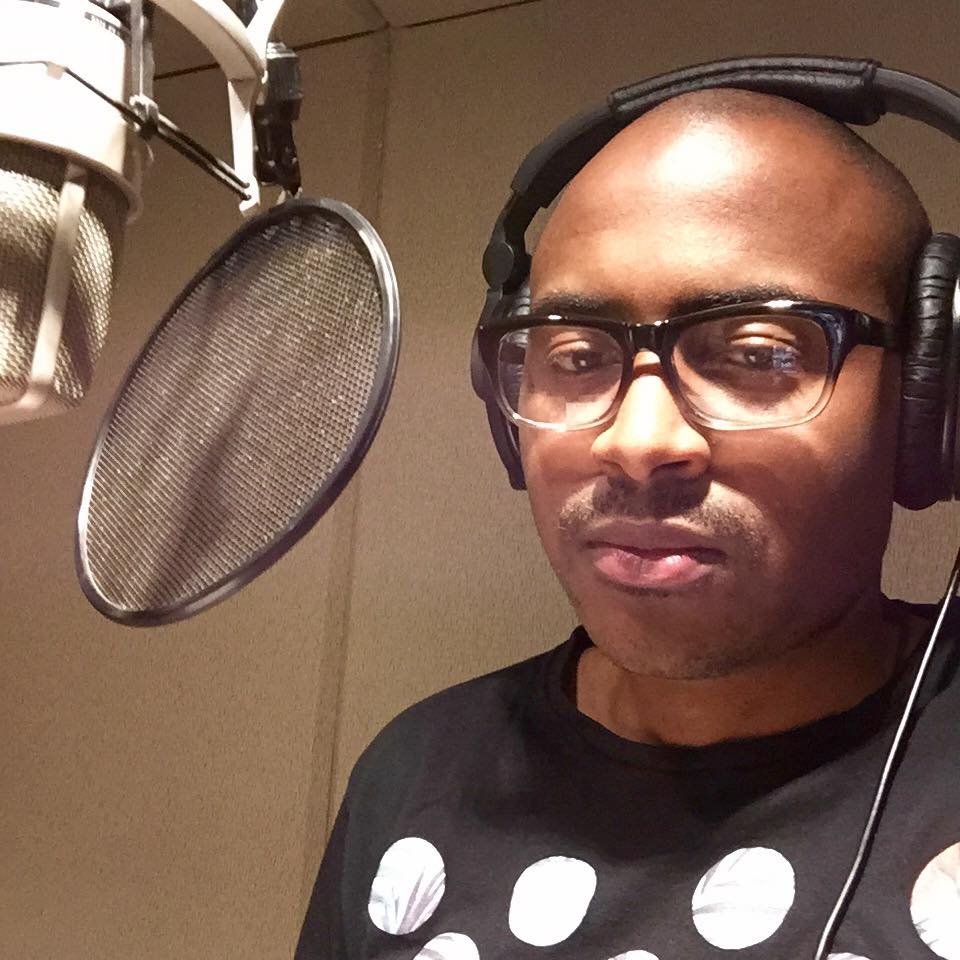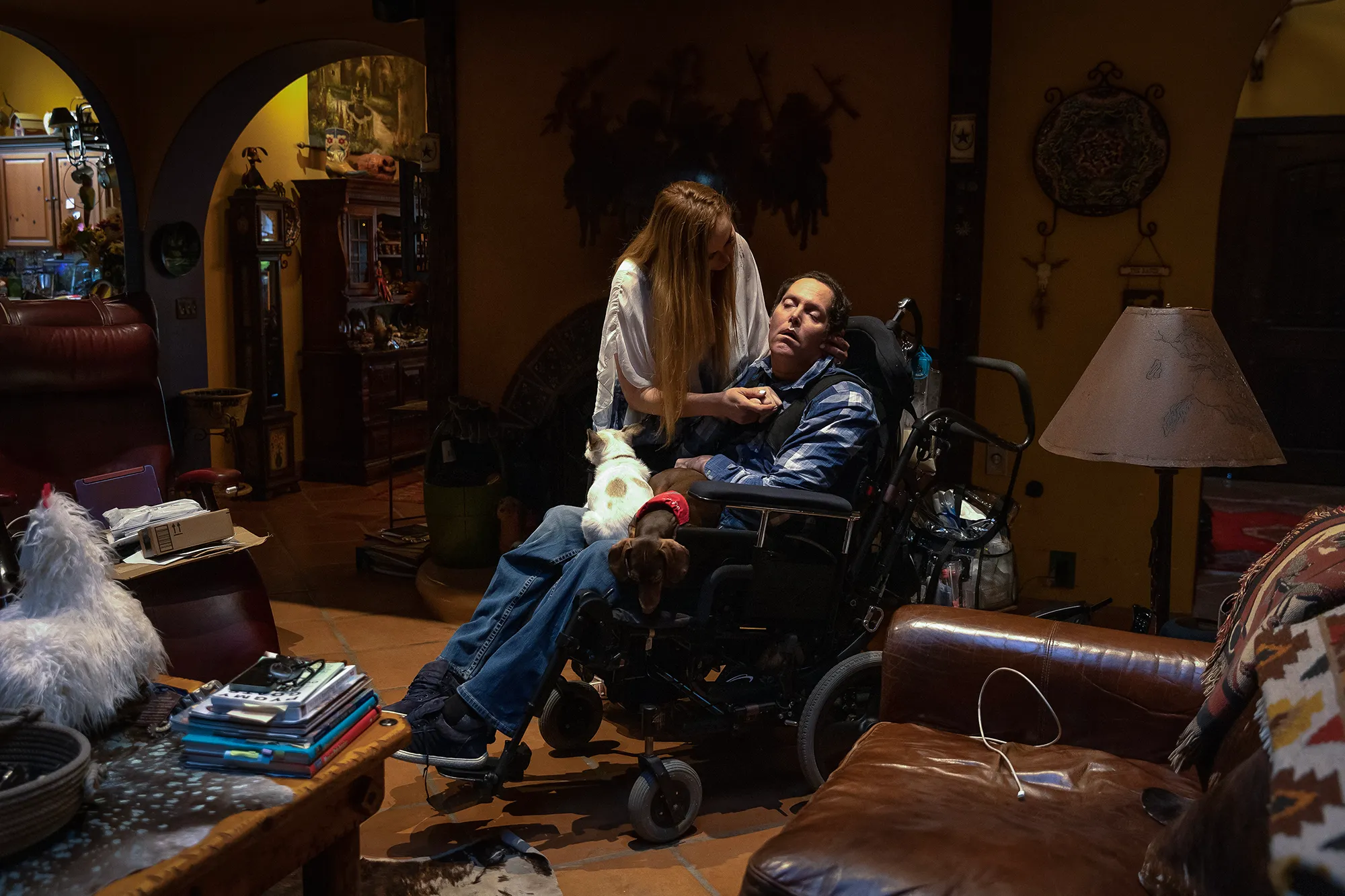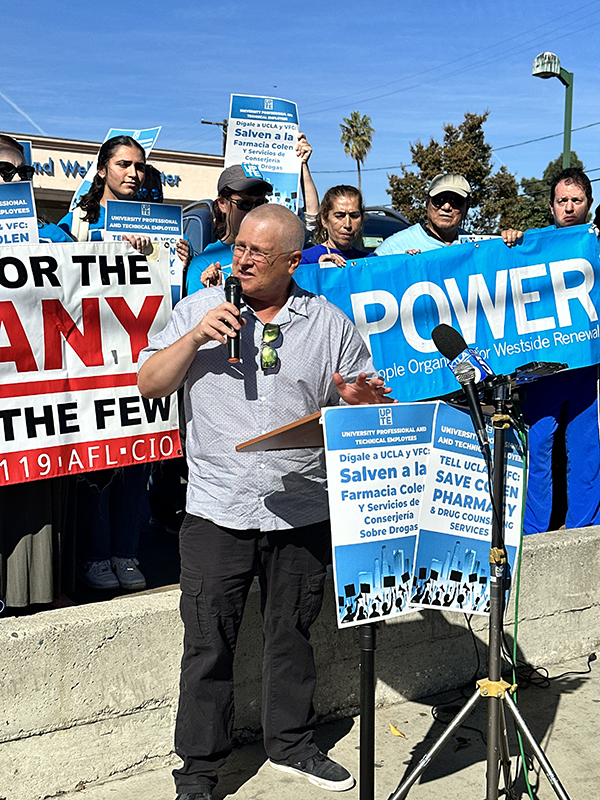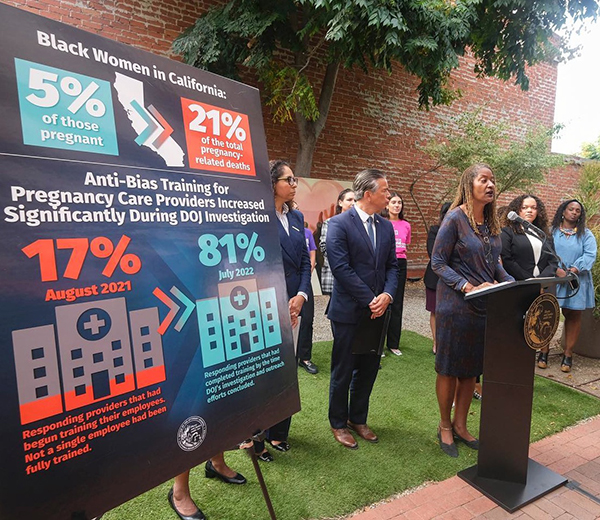RX REPORT
By Marie Y. Lemelle
Contributing Writer
Breast cancer is still a leading health concern for women and men. The American Cancer Society reported that in 2018 more than 2 million new cases of breast cancer in women were diagnosed worldwide. According to the American Cancer Society, in 2020, it’s estimated that among men in the U.S., there will be 2,620 new cases of invasive breast cancer and 520 breast cancer deaths.
“The risk of breast cancer is much lower in men than in women,” said Susan G. Komen Los Angeles County Affiliate Executive Director Mark Pilon, who lost his godmother to breast cancer when he was 19. “There are 40,000 men and women living with breast cancer in the U.S.”
The cancer society reports that 1 in 833 U.S. men compared to 1 in 8 U.S. women are diagnosed with cancer. The majority of men diagnosed are over the age of 50.
Since COVID-19, the number of cases will vary because women and men have postponed screening and preventative care appointments out of fear of contracting the virus, lack of access to health care and financial barriers. Additionally, mammography screenings were halted because of the inability to socially distance. The results are not in; however, it is expected that breast cancer diagnosis will increase.
“COVID-19 has intensified the needs of breast cancer patients due to financial struggles because they are out of work or furloughed and to take care of their families it makes it harder to cope, live and heal with COVID-19,” Pilon said. “We have a treatment assistance program to ease the financial burden so that men and women will proceed with the treatment. If you have been waiting or postponed your screening, you should get it now.”
The Department of Health Care Services’ Every Woman Counts Program offers free breast and cervical cancer screening and diagnostic services.
Kenneth Todd Nelson, also known as K.T., is an activist, actor, filmmaker and entrepreneur. You may recognize his face from the television daytime series, “One Life To Live,” national commercials and theater productions in New York and Los Angeles. As a millennial breast cancer survivor, Nelson has taken on a new role as an advocate for health and wellness, especially the fight to end breast cancer as a Susan G. Komen ambassador.
In the October observance of Breast Cancer Awareness Month, Nelson shares his journey about his breast cancer diagnosis and winning the fight against COVID-19. Cancer, even in remission, leaves survivors with underlying medical issues and a weakened immune system.
ML: Tell me your journey about your breast cancer diagnosis.
KTN: Two years ago, at 34 years old, I was diagnosed with breast cancer Stage II. My grandmother died when I was 6 years old from breast cancer. I had no idea that men are susceptible to that type of cancer.
When I moved from New York to California to continue to pursue acting, I developed bad allergies and had difficulty breathing. I made an appointment with my primary doctor to manage my allergies. During my visit, I showed him a bump on my left breast that wouldn’t go away.
The doctor examined me and ordered a biopsy. If I had not gone to the doctor about my allergies, I would not have caught the cancer early. I guess you can say moving to California literally saved my life because of my sensitivities to the air and pollution.
ML: How did you cope?
KTN: I was devastated and felt alone. Initially, I did not tell my family, not even my son who was 13 at the time, because I didn’t want them to worry. It was difficult for me to talk about it because I didn’t know of any man who had it. I stopped auditioning for acting roles. My focus was survival and not feeling sorry for myself.
When I started chemo and then radiation treatment, I got really sick. I had to tell people. I was holding things inside and pretended I was OK. My friends noticed that my appearance, excessive weight loss and behavior had changed.
My skin turned darker from the chemo and radiation. Questions were being asked and I had to come clean. It was difficult but it was a relief. My son understood why he was not told about it at first, but he is glad to know and got involved in my healing process.
ML: What changed once everyone knew about your battle against breast cancer?
KTN: My family is primarily in North Carolina and New York, so I relied on my friends in California to support me and help me get through it. I couldn’t work, but was fortunate to have a close friend take the financial burden off my shoulders. During my treatment, I founded a financial services company, Good Credit Builders, in part because I needed financial help and, at the same time, to assist others with their financial goals.
ML: How long were you in treatment?
KTN: The treatment was working well since I was only in Stage II. I was in remission about five months after my diagnosis. However, over the years, I have had a few additional treatments to keep things in check.
ML: Are there support groups you recommend?
KTN: When I needed someone to talk to that looked like me, I was unable to find a support group. There were few groups such as Male Breast Cancer Coalition and The African American Breast Cancer Alliance, Inc. My plan is to form a group so that Black men have someone to talk to and help them cope.
I found a form of therapy by volunteering. In late 2018, while still treating, I joined the Susan G. Komen Los Angeles Chapter and became an ambassador.
ML: Your cancer is in remission. How did COVID-19 affect you?
KTN: When you are diagnosed with cancer and survive, your immune system is not the same. I am 36 years old and very conscious about health and wellness. As careful as I have been since the pandemic, on July 31, I contracted COVID-19. I had been traveling to Detroit, New York, and Atlanta.
When I landed in Atlanta, my body started aching. I had a fever, loss my senses of taste and smell, was coughing, suffered from digestive issues and muscle aches. Because I am at risk, I was tested and was positive.
I quarantined and self-isolated for two weeks. I was not prescribed any medication but took [over-the-counter] meds and herbs.
On my left side, where I had the radiation, contributed to my difficulty to breathe. It took a month for me to recover. However, I still have a lingering issue with breathing. I was retested three times since I have been back in Los Angeles to be sure I had no traces of COVID-19 and I continue to wear a face mask, wash my hands and get plenty of rest.
Marie Y. Lemelle, is the founder of www.platinumstarpr.com and a film producer. She can be reached at MarieLemelle@platinumstarpr.com. Follow her on Instagram @platinumstarpr.













